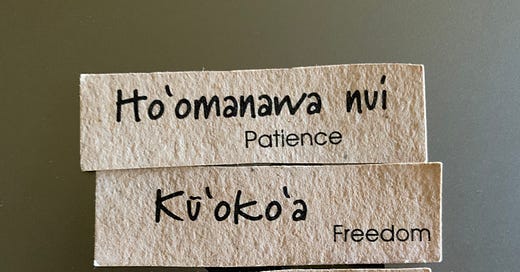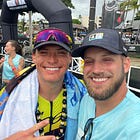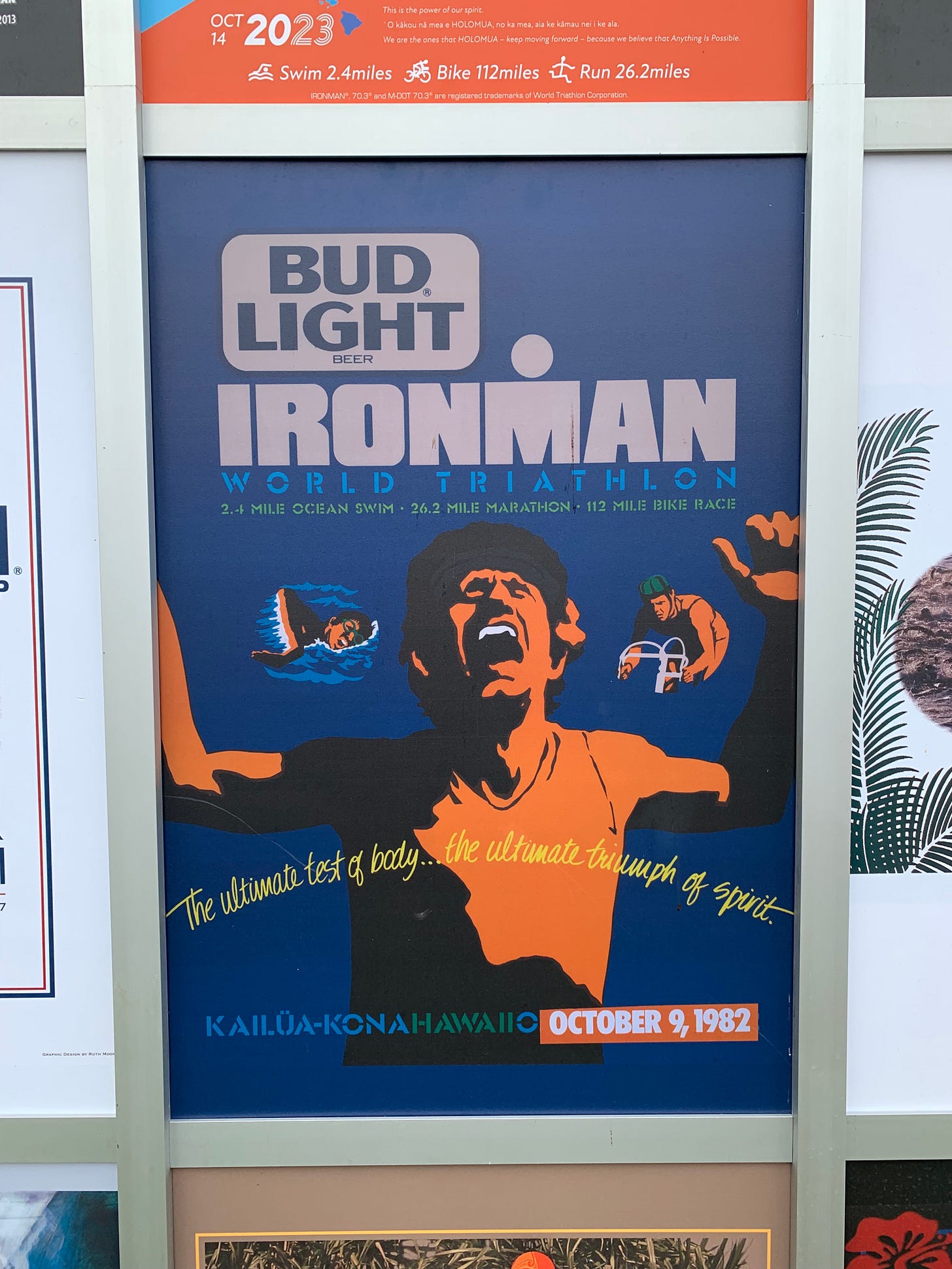If you didn’t read my last post (Kona 2024: Post-Race), the third story of this four-part Kona series, click the link below:
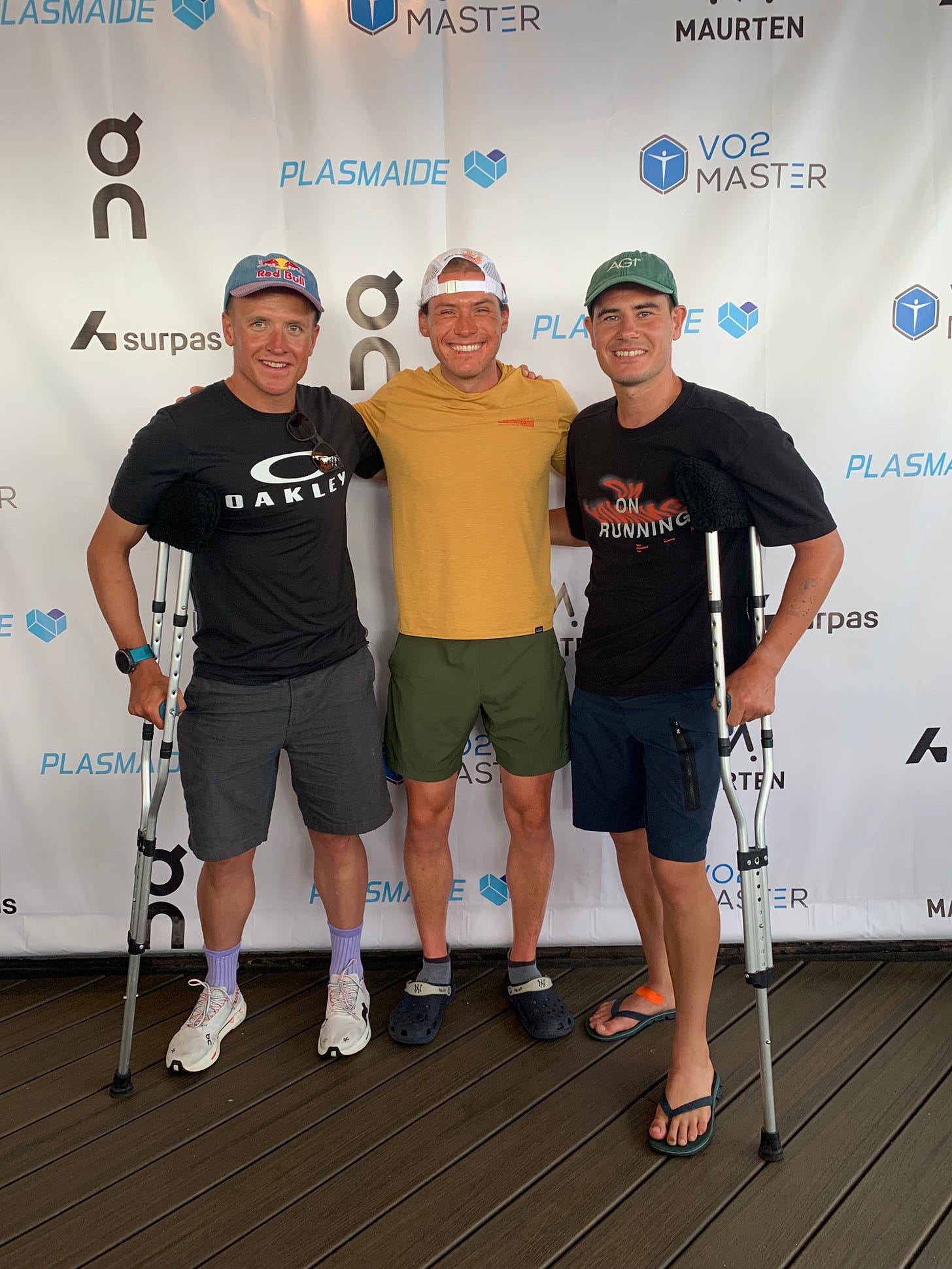
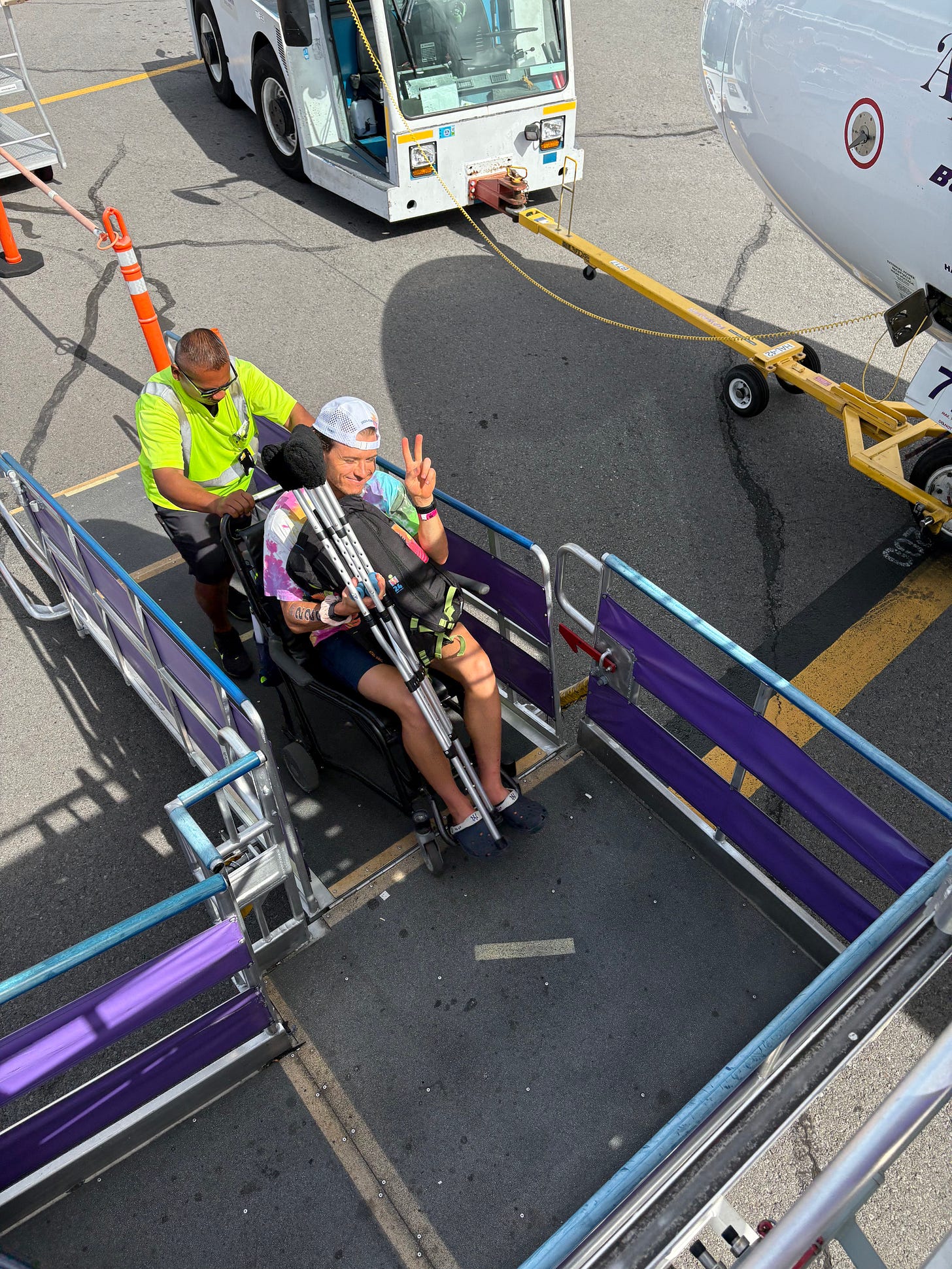
It may seem obvious how I got here. Since leaving JPMorgan and triathlon unofficially became my job in the spring, I’ve taken it even more seriously and put even more pressure on myself. I shrugged off rest, ignored my body’s signals, and convinced myself that more is always better. Three Ironmans in eleven months. Too much running too soon. As a lifelong athlete, exercising has always been my anchor, but as I prepared for World Champs, it turned into an addiction.
Triathlon is all I thought about or wanted to do. I didn’t just love the workouts. Yes, I craved the result, but I loved the process. Dialing in nutrition, focusing on sleep, and all the small, boring victories no one sees that contribute to a peak performance months later. My favorite part of the day was making my typical pre-workout breakfast and getting ready to head out for a session. It became a ritual - grinding beans, pulling a double shot, stirring oatmeal, spreading peanut butter, drizzling honey, sprinkling cinnamon - priming my body for the work it’s about to take on.
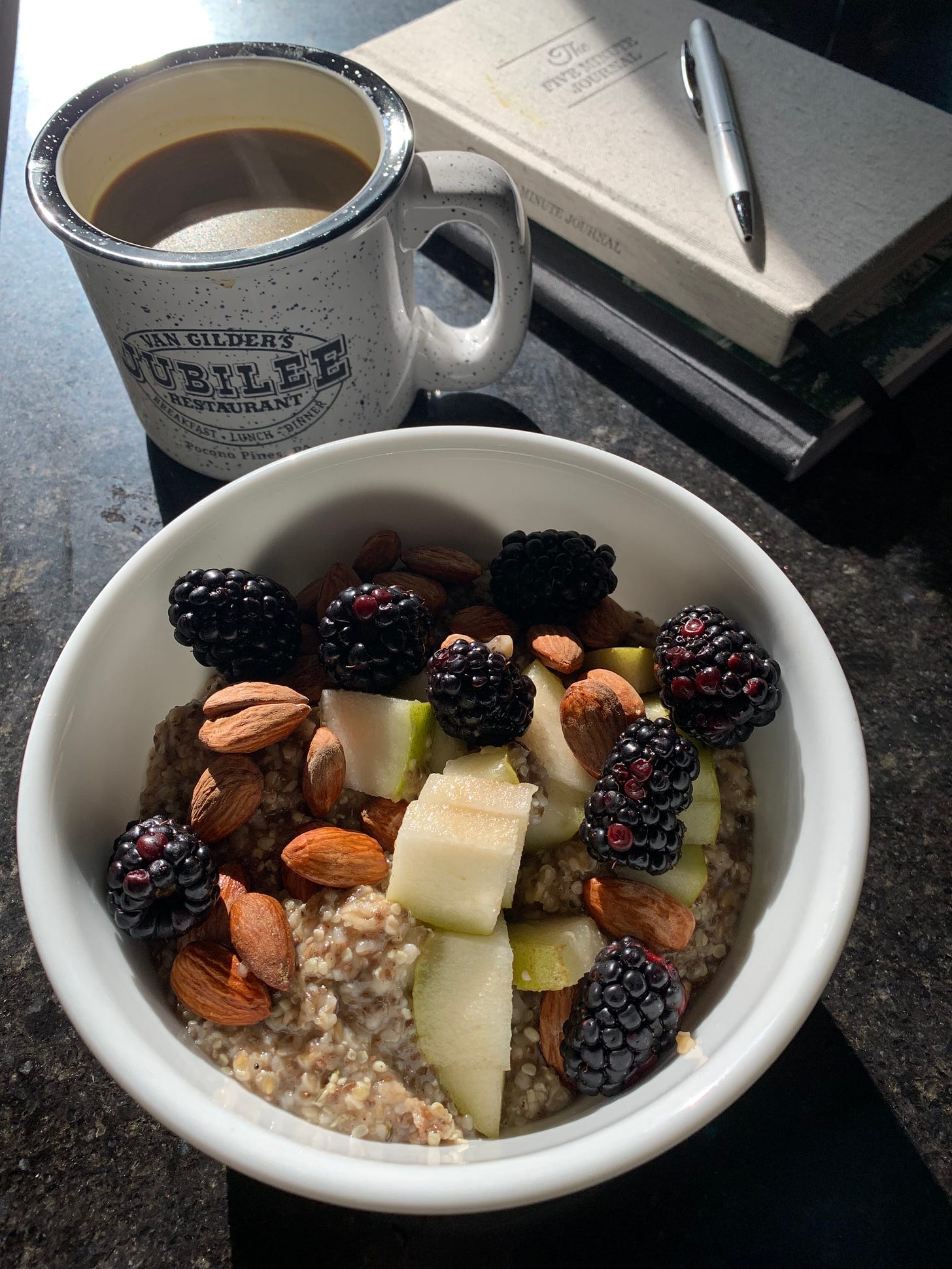
Training rarely felt like a sacrifice or a chore. Everything else felt like an obstacle. While there were days I didn’t want to move, I always had October 26 on my mind, getting my ass off the couch when I was mentally broken. My life was unbalanced and I wouldn’t change it. It was beautifully simple. Swimming, cycling, and running gave me time to myself, away from the stress and bullshit of life. Training became a coping mechanism; however, more than anything, it made me feel like a kid again. Splashing in the water, bombing a hill, frolicking in the forest. How we play signifies our way of being in the world. In it lies life, an intimation of immortality.
I chased the endorphin rush. I felt guilty if I took days off; however, days off would’ve not only allowed me to recover better and faster, but ultimately led to better performance and potentially prevented injury. If one of my athletes came to me and shared they were experiencing the pain I was in at the time, I would’ve told them to back off immediately. For some reason, it’s easier to give grace to others than ourselves. But what would you do if you loved yourself? What would your future self want you to do? What would you not do? What are you unwilling to feel? What you resist persists.
Endurance athletes, by definition, train themselves to push through discomfort. It serves us, until it doesn’t. I had blinders on for Kona and became out of tune with my body. I didn’t listen to the whispers so I’m now forced to hear the screams. The gates of hell are locked from the inside.
Kona was my last, and unfortunately only my second, race of the season. Because I restarted my non-weight bearing time, I’ll be on crutches for another few weeks, then gradually start my return to walking, then running, if all goes as planned. I’m grateful to have wonderful PTs and doctors in my corner to guide me. For the record - none of them advised me to race. They informed me of the risks and I made the decision to proceed, the one that felt right in my heart.
During this offseason, I’m encouraging myself to embrace it all. If you numb the bad, you numb the good. Both ends of the spectrum expand at the same time. My buddy Mario reminds me that there’s a time for grit and a time for grace, a time for striving and a time for surrendering. Now is the time for grace and surrendering, and for the real work to begin. Never fear a storm. Learn to dance in the rain.

